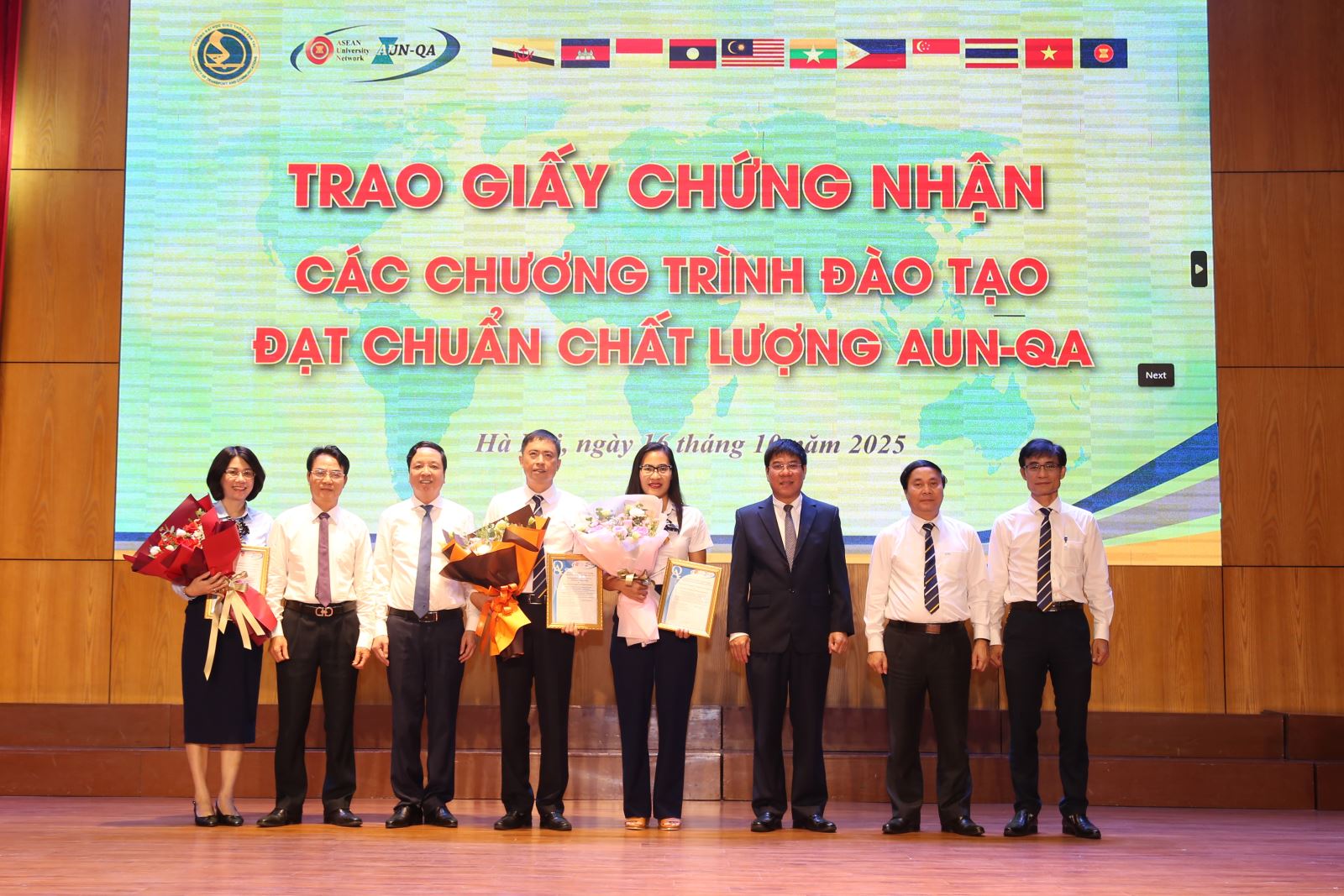
Providing highly skilled human resources in key areas
On the afternoon of October 16, the University of Transport organized the Quality Assurance Conference for the 2025-2026 academic year with the theme "Improving the quality assurance system - The foundation for the University of Transport to reach the Top 200 in Asia by 2030". On this occasion, the school was honored to receive the AUN-QA quality standard certification for three new training programs.
Associate Professor Dr. Nguyen Van Hung, Rector of the University of Transport, affirmed that Vietnam's higher education is entering a period of historic transformation. Resolution No. 71-NQ/TW of the Politburo emphasizes the central role of higher education in national development. The goal by 2030 is to turn higher education institutions into centers of research, innovation and entrepreneurship; providing high-quality human resources to meet the development requirements of key industries and fields.
Universities of the new era must become “innovation ecosystems”, where talents are discovered and nurtured, new knowledge is formed, key technologies are decoded and the scientific spirit is spread to businesses, communities and the nation. As a key technical school of the country in the field of transportation, the school is a pioneer in implementing Resolution 71...
Since the beginning of 2025, the school has completed and issued training programs for 7 majors in high-speed railways and urban railways, the first modern, interdisciplinary program according to international standards in Vietnam in this field. Along with that, the school has implemented a project to develop human resources in the semiconductor industry, opened a program for talented engineers in chips and semiconductors, and built new majors such as: Robotics Engineering, Traffic Safety Engineering, Computer Science, Intelligent Traffic Systems...
Regarding the quality assurance of the curriculum, Associate Professor Dr. Nguyen Thi Hoa, Head of the Department of Examination and Quality Assurance, University of Transport, said that the school has issued a system of quality management documents, implemented domestic and international accreditation, and invested heavily in staff, facilities and technology infrastructure. These activities clearly demonstrate the school's commitment to quality, transparency and modern university governance.
In addition to new training programs, the school has achieved many outstanding results in scientific research, international publications, inventions and business cooperation. Modern facilities, highly qualified teaching staff and a safe and creative learning environment are the foundation for the school to maintain and continuously improve training quality. In the period 2026-2030, quality assurance continues to be identified as a strategic pillar in all activities of the school, aiming to expand international accreditation according to the criteria of HCERES, FIBAA, ASIIN, ABET; at the same time, deploying a smart university model, applying artificial intelligence in administration and teaching.
According to Associate Professor Dr. Ta Thi Thu Hien, Director of the Center for Education Quality Assessment, Hanoi National University, up to now, after two assessment cycles, the whole country has 207 higher education institutions recognized as meeting quality standards, of which 18 institutions are assessed according to domestic and international standards.
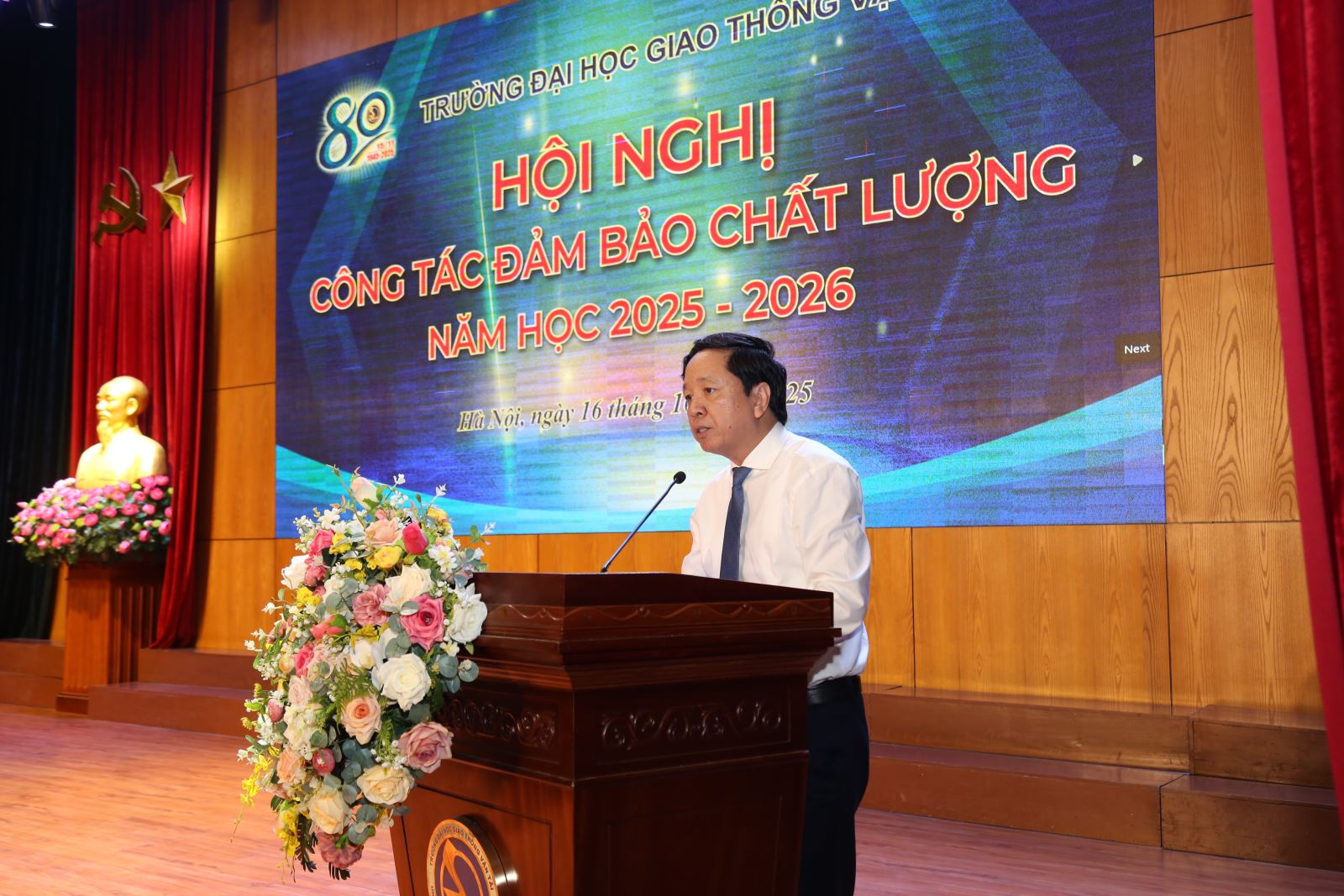
Quality comes first
Prof. Dr. Huynh Van Chuong, Director of the Department of Quality Management, Ministry of Education and Training, emphasized that quality is a mandatory indicator for all training institutions, an important measure to aim for output standards, with the motto: "Publicity - impartiality - substance - efficiency".
The leader of the Department of Quality Management said that the theme of the 2025-2026 school year emphasizes action. Therefore, accreditation and assessment do not stop at the stage of documents or procedures, but need to be carried out with specific actions and measurable results. This is not only the task of specialized units, but must be the common responsibility of the entire higher education system, from management, lecturers to learners.
Resolution 71 sets the goal that “By 2035, there must be at least 5 higher education institutions with fields ranked in the top 100 in the world; by 2045, Vietnam will be in the top 20 countries with the most equitable and modern education in the world”. Accordingly, schools need to focus on solving breakthrough problems rather than ranking goals. When the school's breakthrough problems are solved, it will naturally lead to good rankings.
To solve the problem of breakthroughs, Prof. Dr. Huynh Van Chuong mentioned 4 contents: Schools must actively participate in professional associations, specialized associations of international organizations; prioritize articles with high impact index and transferable value; promote scientific research activities, strengthen cooperation with businesses, create mechanisms for scientists to research and calculate some truly breakthrough industries.
Source: https://baotintuc.vn/giao-duc/giao-duc-dai-hoc-thuc-day-doi-moi-sang-tao-20251016211136599.htm


![[Photo] General Secretary To Lam attends the 18th Hanoi Party Congress, term 2025-2030](https://vphoto.vietnam.vn/thumb/1200x675/vietnam/resource/IMAGE/2025/10/16/1760581023342_cover-0367-jpg.webp)

![[Photo] Nhan Dan Newspaper launches “Fatherland in the Heart: The Concert Film”](https://vphoto.vietnam.vn/thumb/1200x675/vietnam/resource/IMAGE/2025/10/16/1760622132545_thiet-ke-chua-co-ten-36-png.webp)



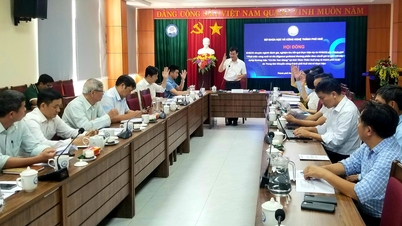

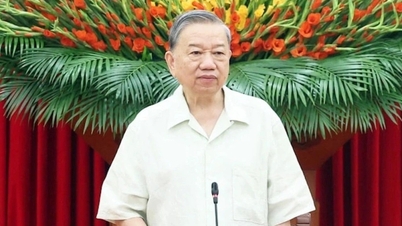







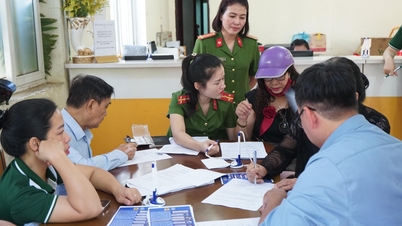

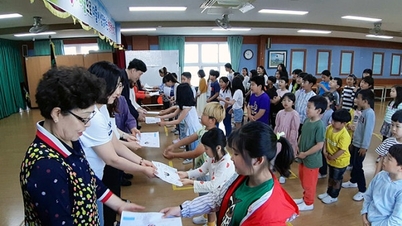

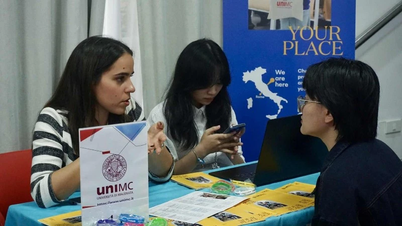




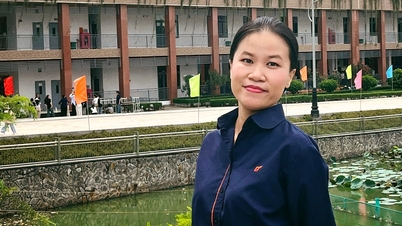







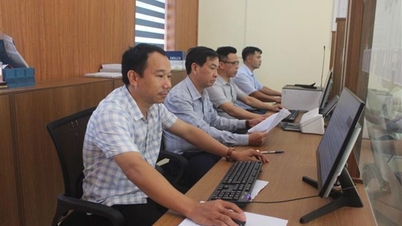
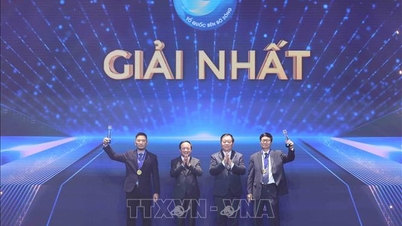
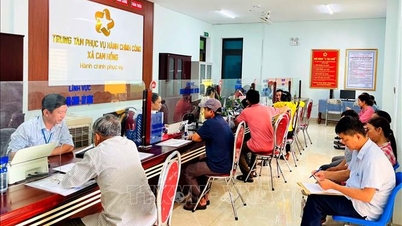
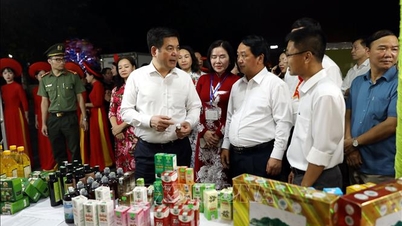
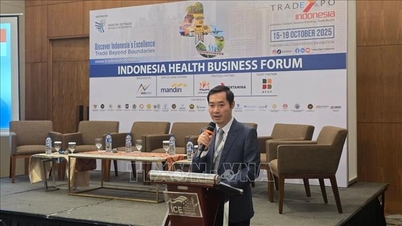





![[Video] TripAdvisor honors many famous attractions of Ninh Binh](https://vphoto.vietnam.vn/thumb/402x226/vietnam/resource/IMAGE/2025/10/16/1760574721908_vinh-danh-ninh-binh-7368-jpg.webp)

























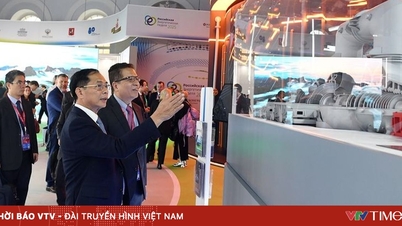

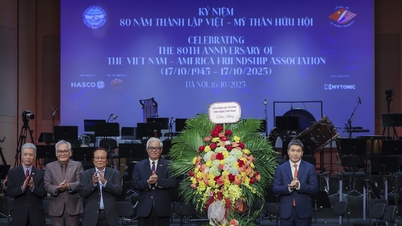
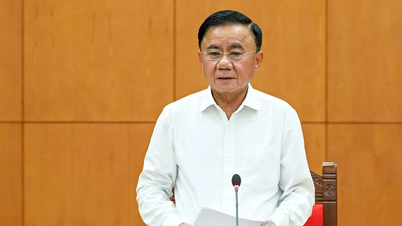




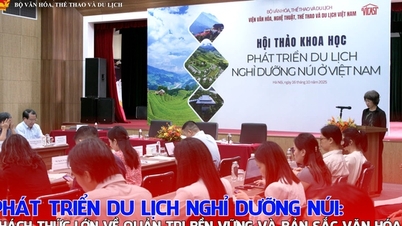
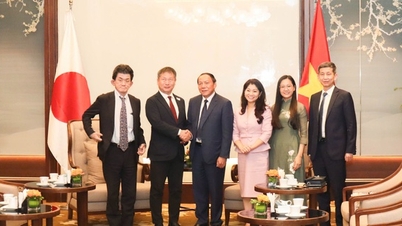
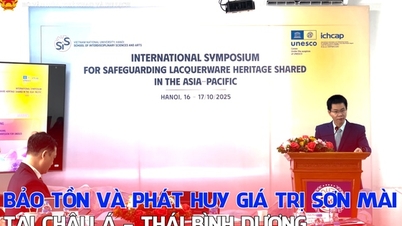
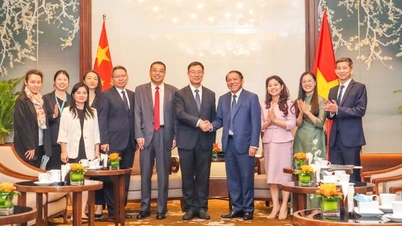
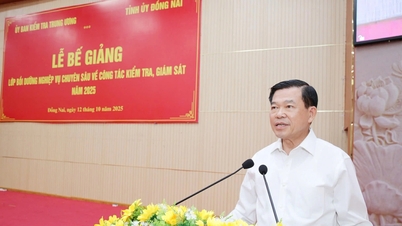



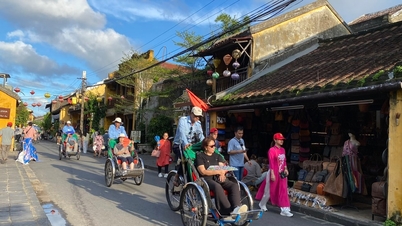
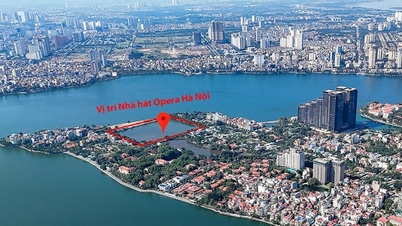





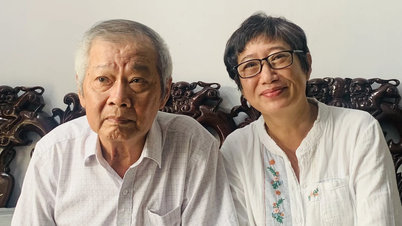

















Comment (0)